Table of Contents
What is deworming?
As defined by MedicineNet, deworming is the process of eliminating intestinal parasites, such as worms, using medication. It is recommended to be done twice a year, or every six months, due to soil-transmitted helminth (STH) infections that can infect both adults and children.
Who should be dewormed?
The World Health Organization (WHO) recommends the following age group to be dewormed as a preventive measure against intestinal parasites:
- Young children (12 – 23 months of age)
- Preschool children (1 – 4 years of age)
- School-age children (5 – 12 years of age, sometimes up to 14 years old)
- Adults, especially in certain high-risk occupations such as tea-pickers or miners
- Women of reproductive age (including pregnant women in the second and third trimesters and breastfeeding women)
What are soil-transmitted helminth infections?
Soil-transmitted helminth infections are one of the most common infections worldwide, with an estimated 1.5 billion people or 24% of the world’s population being infected according to the data provided by WHO.
These infections are prevalent in communities that have lack of access to clean water, sanitation and hygiene. They are spread via soil that has been contaminated with human feces carrying parasitic eggs — particularly in tropical and subtropical areas — with a reported high number of cases found in sub-Saharan Africa, China, South America and Asia.
How does soil-transmitted helminth infections affect your body?
It’s advised to be dewormed because of the several negative effects being infected with soil-transmitted helminth brings to one’s body.
If left untreated, they can impact you in these ways:
- Loss of iron and protein
- Chronic intestinal blood loss leading to anemia
- Vitamin A deficiency
- Loss of appetite
- Diarrhea
- Dysentery (diarrhea containing blood or mucus)
Soil-transmitted helminth infections in the Philippines
STH infections have always been considered as a public concern in the Philippines since the 1960s. A review said that from 1967 to 1983, a study conducted by the former Philippine Ministry of Health through two research laboratories stated that the highest recorded STH infection rampancy was caused by Trichuris trichiura (whipworms) — and that in 2000 and 2006, two surveys made it apparent that STH infections still persist in the Philippines.
In 2015, another survey was conducted to students aged 5 – 16 years for STH and it was indicated that the prevalence of roundworms and whipworms was higher in Visayas than it is in Luzon and Mindanao. Hookworms, on the other hand, were said to be more prevalent in Mindanao than the two other islands. It ought to be noted that the risk of being infected with whipworms and hookworms are more common in men, and that it is associated with temperature and rainfall.
Amidst the country’s battle in fighting off STH infections, the government has initiated programs to help eradicate the further spread of this infection.
- Soil-Transmitted Helminthiasis Control Program (STHCP): launched by DOH through Administrative Order No. 30-F S 1999.
- Integrated Helminth Control Program (IHCP): focused on improving sanitation and personal hygiene, health education and preventive chemotherapy
How is Deworming Month Observed in the Philippines?
Every January and July, the Philippines observes National Deworming Month (NDM) as a determined push to continue protecting children from STH infections, a condition that has detrimental impact on children’s growth and development as expressed by Dr. Ernie Vera, the DOH-Bicol regional director.
There are two components of NDM:
- National School-Deworming Month (NSDM): in partnership with Department of Education (DepEd) aims to deworm children in public schools ages 5 – 18 years old
- Community Based Deworming Month (CBDM): targets preschool children ages 1 – 4 years old and children in various health centers and rural health units under the LGUs that are not enrolled in public schools.
DOH Administrative Order No. 176 – S. 2004
The Administrative Order No. 176 – S. 2004 by the Department of Health (DOH) works in addition with Administrative Order No. 30-F S 1999 that provides the guidelines on how to implement soil-transmitted helminthiasis control programs in a regional, provincial, and municipal level. But whereas the latter focuses on implementation, the Administrative Order No. 176 – S. 2004 ensures the safety of children 12 months and above when they’re being treated with Albendazole and Mebendazole — the medicines recommended to treat soil-transmitted helminth infections.
It’s objectives are as follows:
- To reduce the prevalence and/or intensity of STH after treatment
- To improve the nutritional status of children by improving the Vitamin A absorption
- To decrease the incidence of anemia secondary to hookworm infection or massive trichuriasis
DOH Administrative Order No. 2010-0023
Established in 2010 by the DOH, the Administrative Order No. 2010-0023 or the Guidelines on Deworming Drug Administration and the Management of Adverse Events Following Deworming (AEFD) is an order made to guide health workers and providers on what to do in cases that oral deworming drugs have any unexpected reaction, such as documenting and reporting the scenario accurately.
It’s objectives are as follows:
- Administering deworming drugs to different age groups.
- Management of the adverse events following deworming, and AEFD drug of choice
- AEFD reporting and recording
This is applied to all national, regional and local offices and stakeholders involved in the deworming program of the DOH.
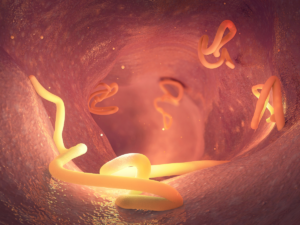 What intestinal worms are found in soil-transmitted helminth infections?
What intestinal worms are found in soil-transmitted helminth infections?
There are three main worm species associated with STH infections, namely:
- Roundworm (ascaris lumbricoides)
- Whipworm (trichuris trichiura)
- Hookworms (necator americanus and ancylostoma duodenale)
Another is strongyloides stercoralis, a type of roundworm parasite that requires different methods in order to be detected, causing it to be harder to identify. Using albendazole or mebendazole for its treatment is also not as effective, therefore preventive treatment campaigns targeting other soil-transmitted helminthiases would not have a significant impact in getting rid of this intestinal parasite.
How does soil-transmitted helminth infection spread?
As the name already suggests, soil-transmitted helminths are transmitted through soil that is contaminated with parasite carrying feces. When these worms mature into adults in your intestine, they can produce up to thousands of eggs everyday.
In some cases, given that these parasites are found in soil, they can also be spread through these ways:
- Digested vegetables that are infected with parasitic eggs
- Ingested water sources that are contaminated with parasitic eggs
- Children who played in contaminated soil and put their hands on their mouth without washing them
- Walking barefoot on soil with mature hookworms that can penetrate the skin
This infection cannot be directly transmitted from one person to another. Parasitic eggs passed in feces also need 3 weeks to mature in the soil before they can be transmittable.
What are the symptoms of soil-transmitted helminth infection?
It’s possible that STH infection does not show any symptoms for years. This happens when the infection is only light, or when there are only a few worms.
However, signs and symptoms may still appear, such as:
- Abdominal pain
- Diarrhea
- Malaise (feeling of overall weakness)
- Malnutrition
- Impaired growth and physical development
How is soil-transmitted helminth infection diagnosed?
To know if you’ve been infected with soil-transmitted helminth, you’d have to submit a stool sample to your healthcare provider.
They can examine it under one of these methods: microscopy, stool culture, and egg counting.
What’s the cure for soil-transmitted helminth infection?
Yes, there is a cure or treatment for soil-transmitted helminth infection.
You will be prescribed anthelmintic medications, like albendazole and mebendazole, that are proven to be effective, regardless of the parasitic worm infecting you.
It may be advised to take the mentioned medication for one to three days.
How to prevent soil-transmitted helminth infection?
You can prevent yourself or your child from getting an STH infection by deworming twice a year.
Aside from that, you can do the following steps to ensure that you can avoid being infected, especially if you are in areas where the infection is widespread:
- Remember to always wash your hands before eating food.
- When consuming fruits and vegetables, always wash, peel, or cook them.
- Be aware of where the water you’re drinking is coming from. Always guarantee that it comes from a safe and clean water source.
- Do not come in contact with soil that is contaminated with human feces.
- Always wear shoes when walking on soil. This is in case the soil you’re walking on is contaminated with parasites such as hookworms which can penetrate your skin
How vitamin A and deworming work hand in hand in fighting STH infections
 Although vitamin A cannot be used to treat soil-transmitted helminth infections directly, this doesn’t mean it’s not significant to a person’s health if they were to take vitamin A supplements.
Although vitamin A cannot be used to treat soil-transmitted helminth infections directly, this doesn’t mean it’s not significant to a person’s health if they were to take vitamin A supplements.
In their strategy for the control of STH infections worldwide, WHO mentions the integration of deworming to vitamin A supplementation programmes for preschool children. This addresses the negative impact of STH infections in the body, reducing its vitamin A levels and rendering the person more susceptible to conditions like vision loss and complications related to their skin, heart, lungs, and immune system.
At Getmeds’ online pharmacy, they offer OTC products to combat vitamin A deficiency. Among the supplements they offer, here are what you can order that contain vitamin A:
- Vitamin A Softgel 200,000 IU
- Multivitamins: Stresstabs, Centrum Advance, Obimin Plus, Multilem, Vitasaph

 Login/Register
Login/Register
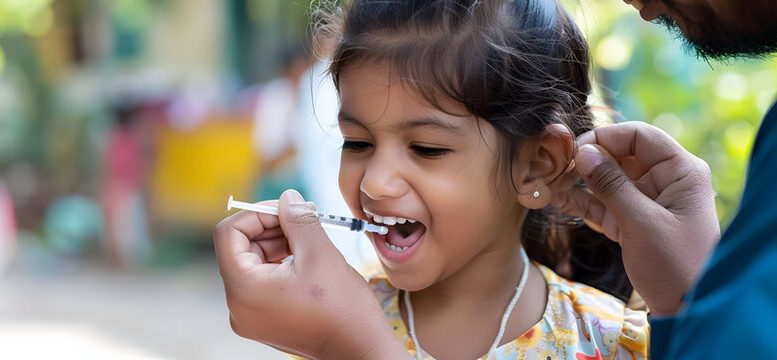






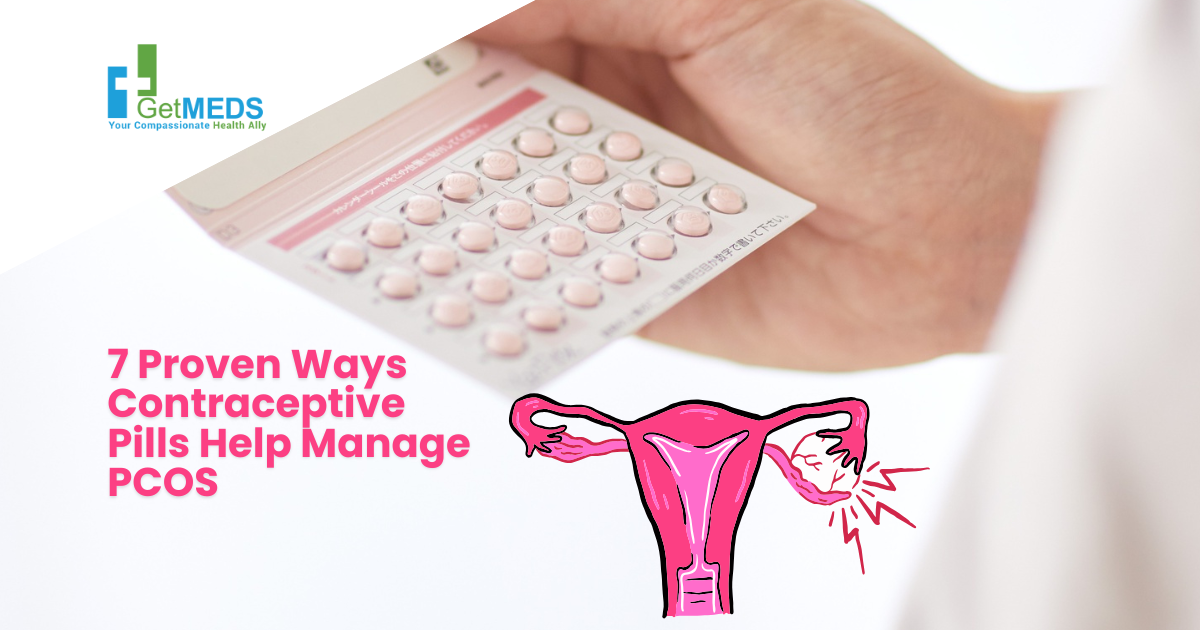

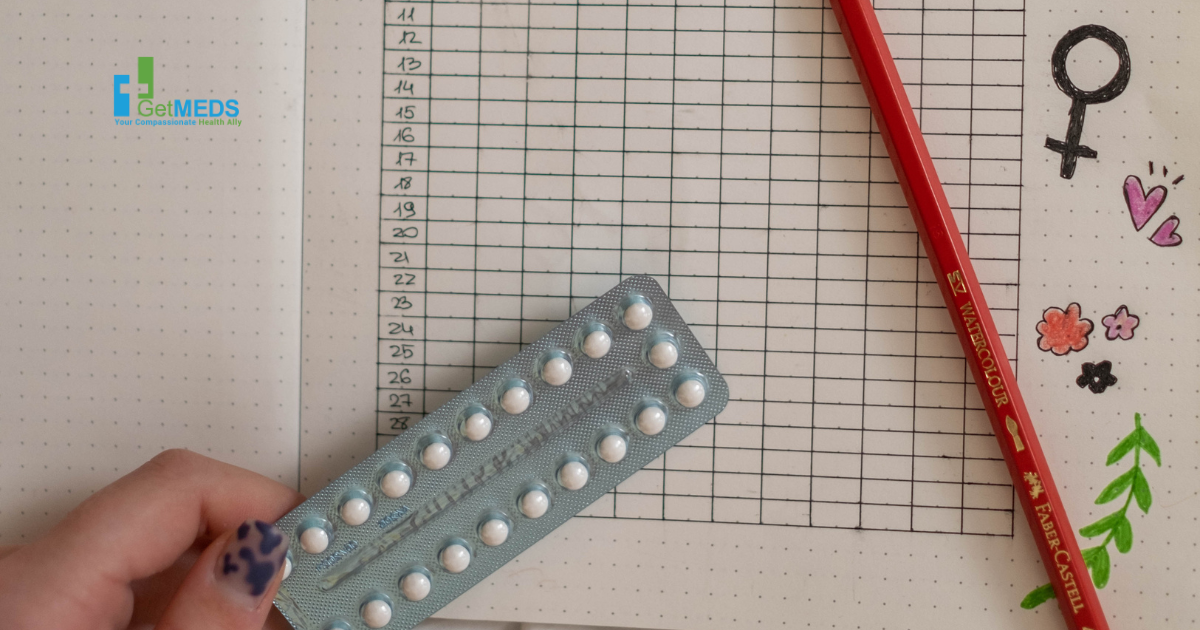
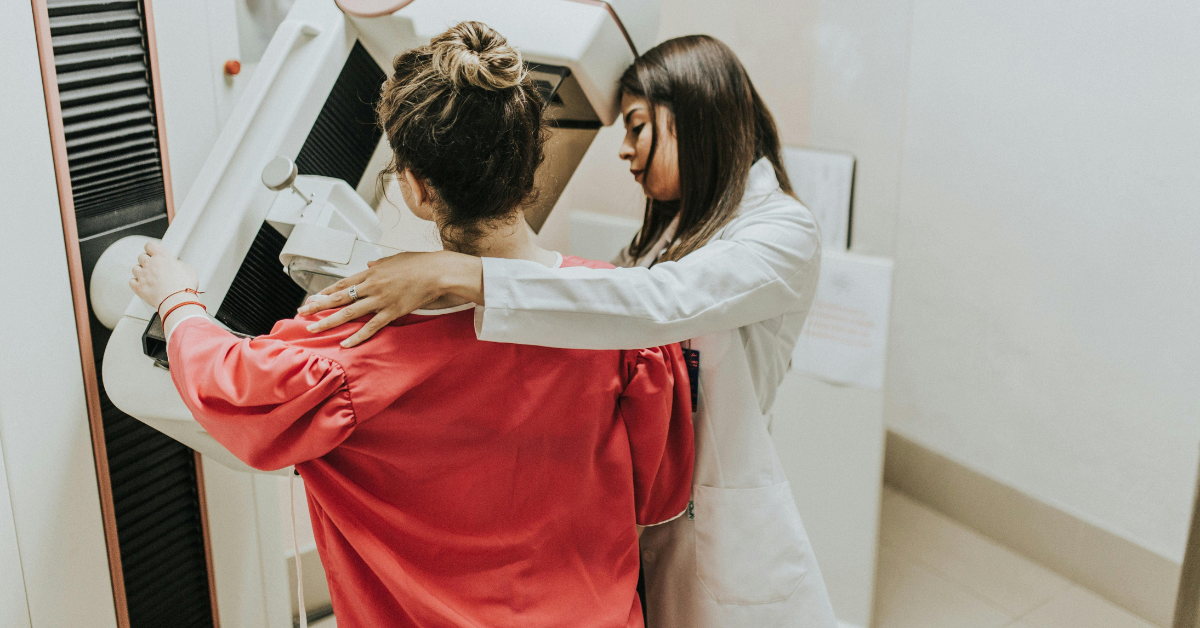
Be the first to comment on "Why Deworming Twice Every 6 Months Matters: Promoting Better Health in the Philippines"